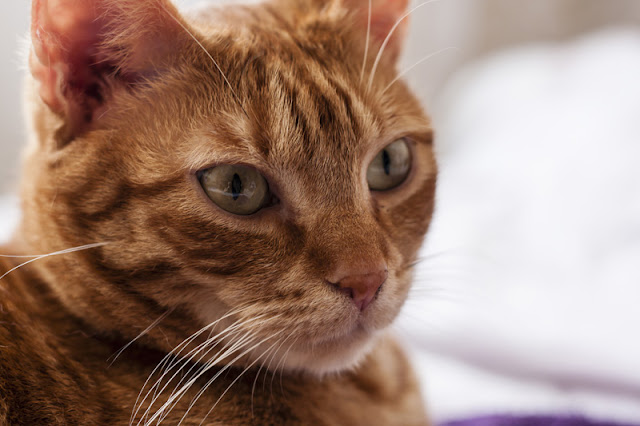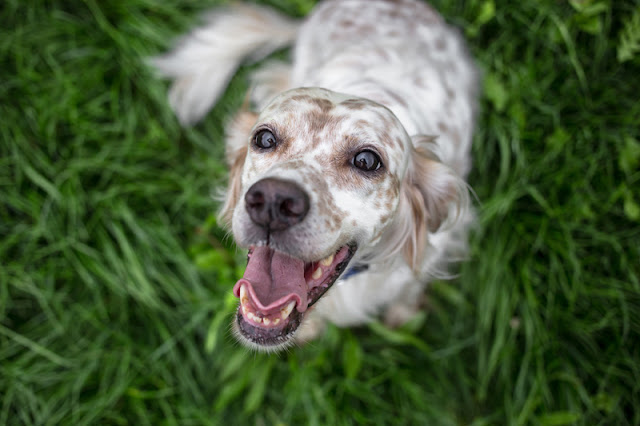Reward-Based Training is for All Our Pets

And it can teach us about ourselves too. Highlights from the first Train for Rewards blog party. Photo: Rosie love/Shutterstock By Zazie Todd, PhD This page contains affiliate links which means I may earn a commission on qualifying purchases at no cost to you. Recently, I invited fellow bloggers to join me in writing about reward-based training of our companion animals. I did not know how many (if any) would want to join in. So when the big day came and 25 other bloggers joined me in sharing posts on this topic, I was delighted. I was especially pleased that dogs , cats and horses were all represented, because dogs aren’t the only animals that need training. Reward-based training for dogs, cats, horses... “Nobody bats an eye if you talk about dog training, but mention cat training one time and the couch delivery guys give you a look and refuse your offer of a glass of water (obviously spiked with a crazy cat training potion). The perception that cats are untrainabl...




